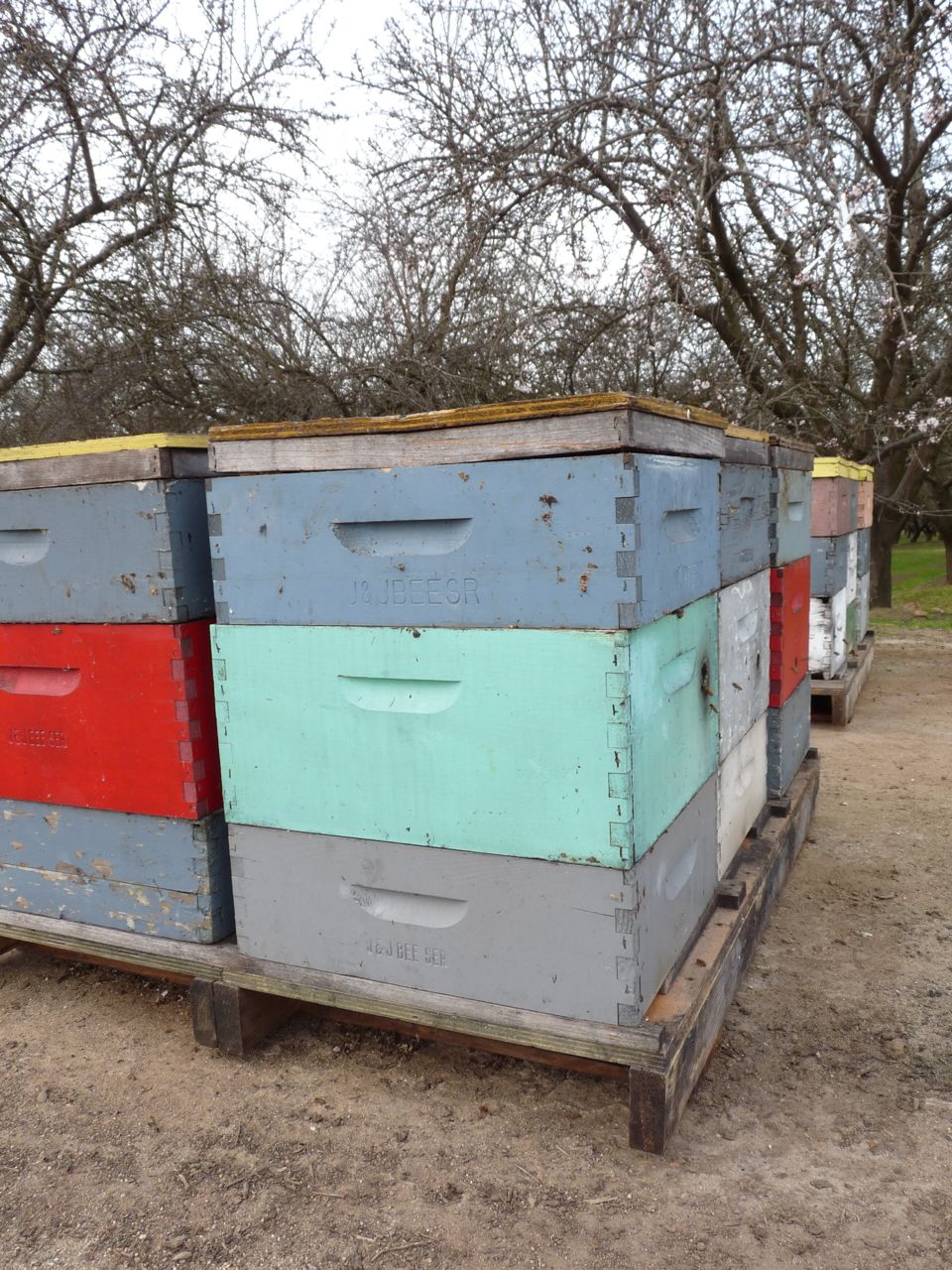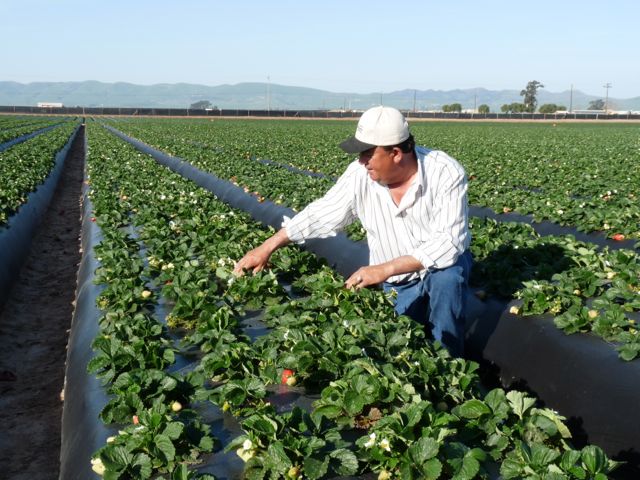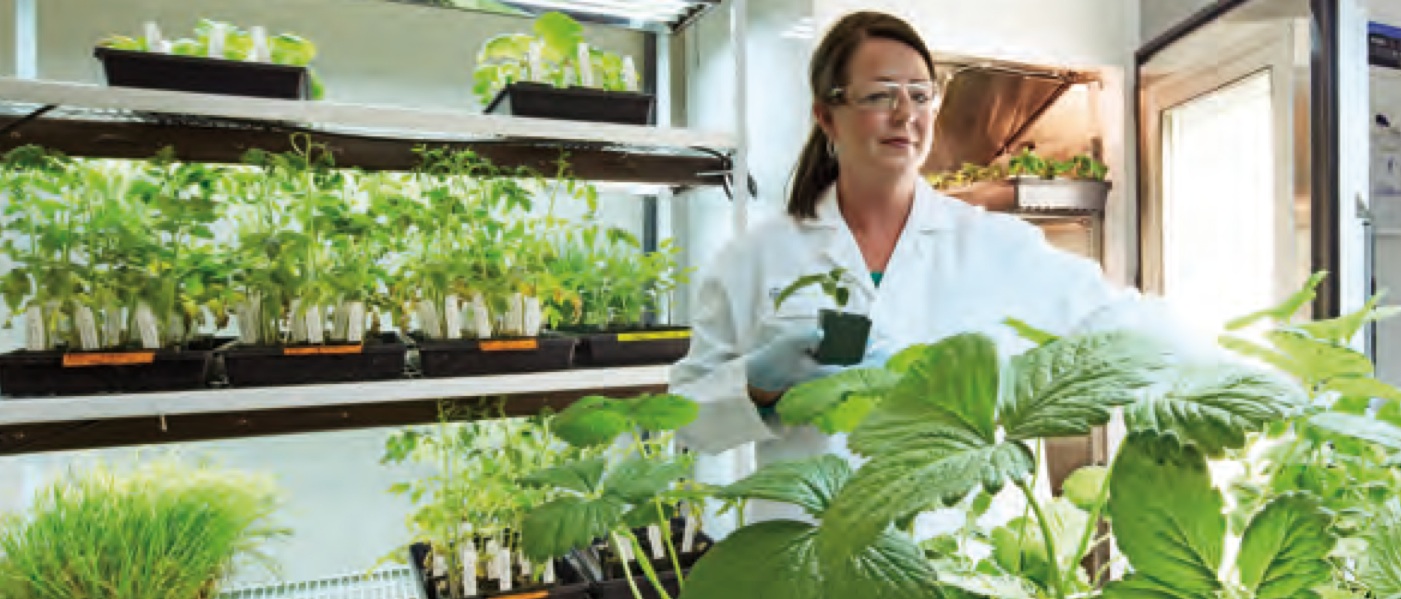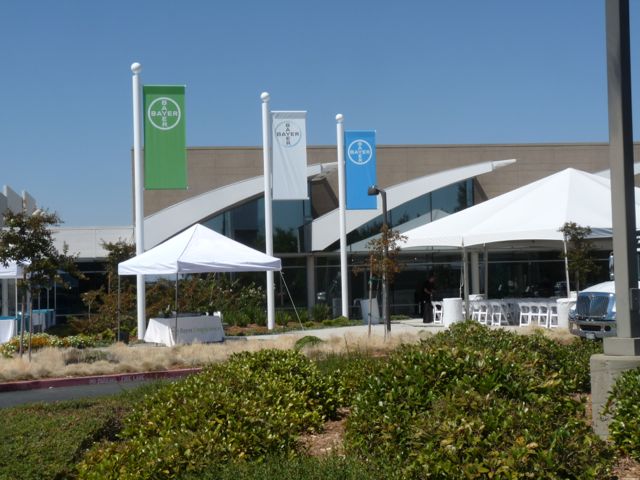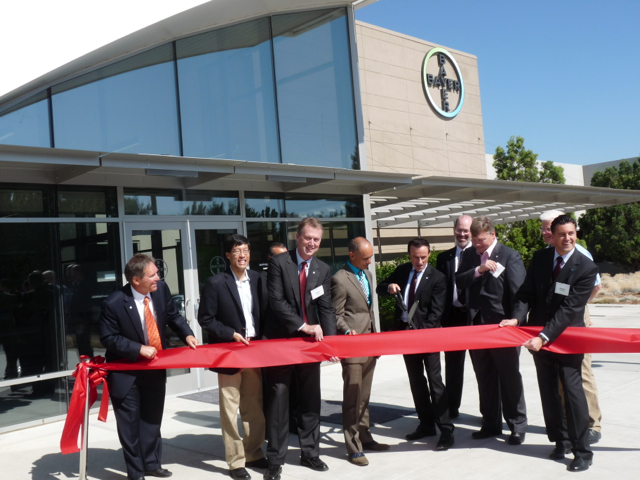Bayer CropScience Gives $100,000 to Sponsor Project Apis m.’s Honey Bee Forage Program
Every year, more than 1.7 million honey bee colonies are brought to California’s Central Valley to pollinate the vast expanses of almond orchards. Many bees arrive in the fall when little is in bloom to escape their native cold temperatures in anticipation of the world’s largest pollination event.
Prior to and after the almond orchard’s bloom in late winter and spring, there is a shortage of food to help the bees survive. Bees’ food consists of nectar and pollen gathered from blooming plants.
To help address the pre- and post-bloom food challenge, Bayer CropScience is giving $100,000 to Project Apis m., a nonprofit organization dedicated to better bee health through its work with growers. Project Apis m. will use the funds to provide seed mixes to growers in California and Washington who have agreed to plant cover crops for honey bees before and after almond bloom and other key seasons. The project will help build a healthier bee population to support crop pollination nationwide as bee colonies are transported to other states for other growing seasons.
“This initiative is a direct response to the lack of adequate forage needed to keep honey bees healthy and thriving,” said Jim Blome, president and CEO of Bayer CropScience LP North America. “In 2015, Bayer CropScience is committed to research and partnerships that will make a positive impact on honey bees.”
Bayer’s expanded partnership with Project Apis m. will complement its joint field research projects conducted on fence rows near almond orchards at Bayer’s Western Bee Care Technology Station in Fresno, California. Findings from Bayer’s research with Project Apis m. show that forage plantings also can have benefits for growers.
If growers allow forage plantings adjacent to fields, rather than planting from fence row to fence row, they can reduce the loss of irrigation water, better manage soil quality and weeds, and help support wildlife, including pollinators. Local growers and landowners will plant the provided seeds on land with crops and on nearby plots to help ensure direct benefit to them and nearby bee colonies.
“With funding from Bayer, Project Apis m. will be able to work with growers to plant more acres of honey bee habitat right where it can be accessed by honey bees before the almond crop’s first bloom around Valentine’s Day,” said Christi Heintz, executive director of Project Apis m. and liaison to the Almond Board of California’s Bee Task Force. “Additionally, with Bayer’s help from its Fresno Research Station, we know the best plant species and mixes to use to feed bees and save them from starving.”
Project Apis m. will work with almond and other growers to get commitments for cover crops that will be planted in Fall 2015.


